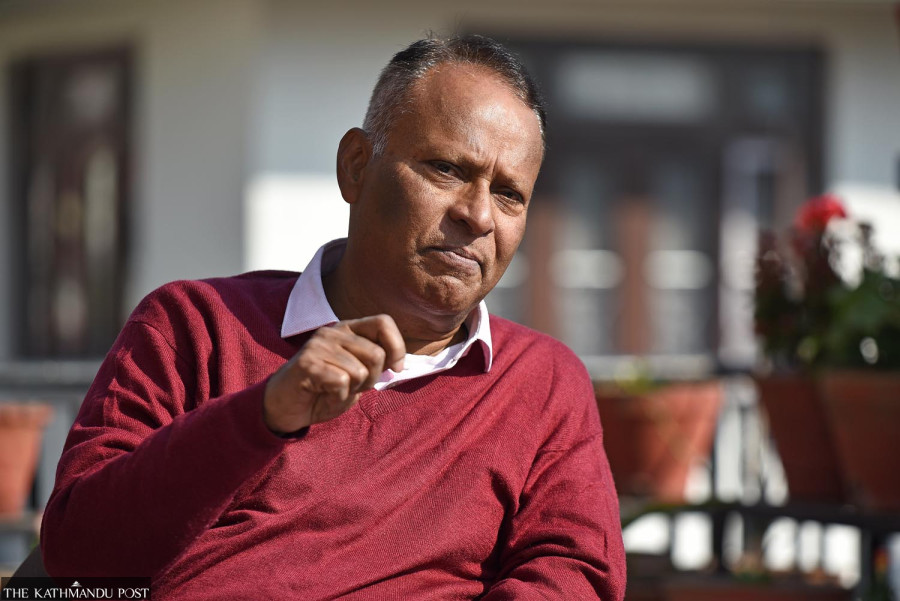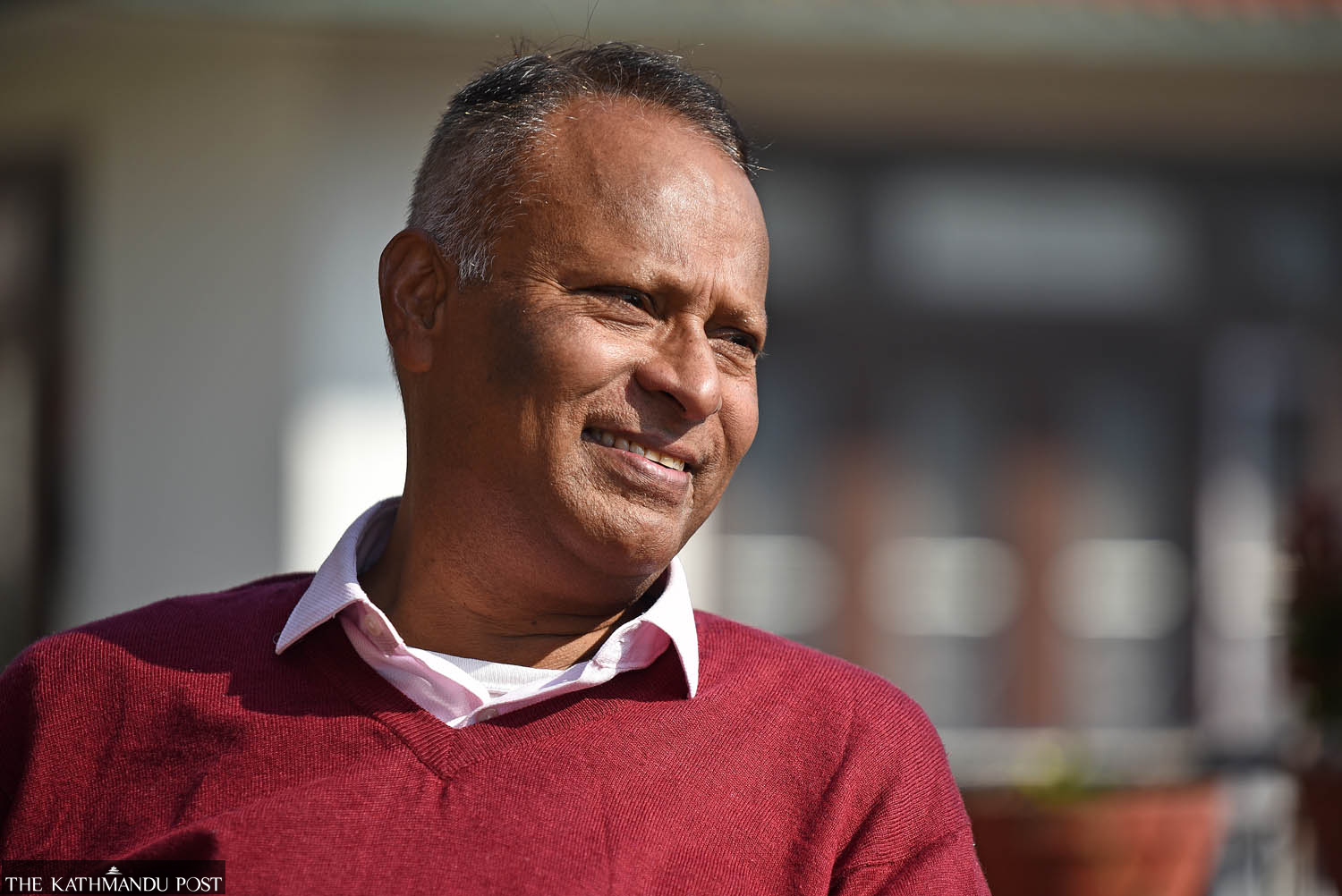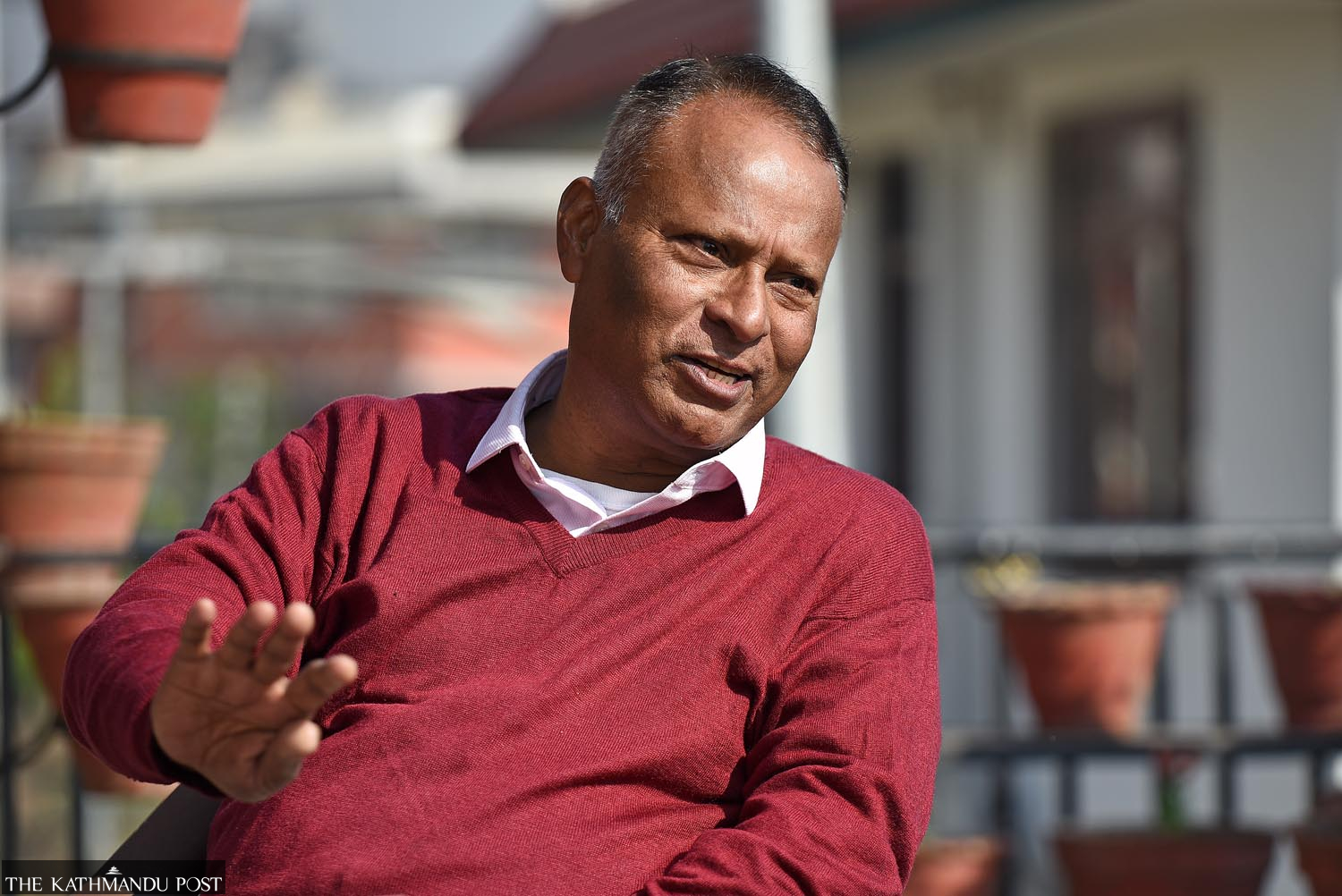Interviews
Qualification for chairs of TJ commissions need to be revised
It is not possible to find a universally accepted character in such a fragmented society, where even conflict victims remain poles apart on several issues.
Binod Ghimire
Former minister and secretary Vidyadhar Mallik has long been involved as a facilitator in peace negotiations. He had direct and indirect involvement in the peace deals even before the Maoists joined mainstream politics. Currently a chair at the Nepal Transition to Peace, an organisation with a long history of peace facilitation, Mallik has closely followed the developments in the transitional justice process. With the process at a crossroads after the committee to select the office-bearers in two transitional justice commissions failed to accomplish its task, the Post’s Binod Ghimire sat with him to talk about the future course of transitional justice. Excerpts:
Amid growing hope, the transitional justice process has stalled again after the selection committee failed to recommend the chairs and members of the two transitional justice commissions. What do you think went wrong?
Based on my conversations with some members of the recommendation committee, I can say that differences in the panel over the name of the Truth and Reconciliation Commission chair led to the failure of the selection. While members [representing different parties] wanted to pick someone [Sudip Pathak] pushed by political parties, even with heavy hearts, others warned to register dissent in the decision. Instead of recommending names through a majority decision, the committee chose not to recommend anyone.
It is painful to see the process stall. After several open and secret negotiations between the major forces, including the Nepal Army, the Enforced Disappearances Enquiry and Truth and Reconciliation Commission Act was amended. We facilitated many such negotiations. The amendment became possible only after the CPN-UML and its chair, KP Sharma Oli, an incumbent prime minister, were convinced. Amendment to the Act had created a positive environment.
However, the old habits of the parties in power—the Nepali Congress in this case—to fit their people in every institution sabotaged the hard-built positive environment. This is unfortunate.
Don’t you think it was insincere on the part of the former chief justice-led committee to exhaust its deadline without completing its duty?
This is not uncommon in our country. But I don’t mean there was no problem with the committee itself. I see problems in its composition and also in its terms of reference (ToR). There were doubts over the committee right from its formation, after the same person [Om Prakash Mishra] was entrusted with the responsibility of selecting the office-bearers for the second time. Despite the selection panel not inspiring much hope, the victims and other stakeholders had critical engagement because “something was better than nothing.”
Also, the criteria set by the TJ Act for the chairs of the commissions don’t reflect the skills those leading the transitional justice process need. This is not a court proceeding where one needs to be a Supreme Court justice. The criteria need to be revised through an amendment to the Act.

The ToR for the selection committee has been devised in a way that it would, for example, select a chief executive officer in a company or a head of some government offices. The ritualistic and formal selection process cannot find the best-suited persons to lead the transitional justice proceedings. Only those who can connect with the victims or dig out the information related to the perpetrators can lead the commissions to success. Nobody will reveal the truth unless s/he trusts and has faith in the persons leading the commissions.
The selection committee could have recommended anyone from the shortlist it had prepared. However, I fail to believe they would have seen to the success of the process.
Do you agree with the prime minister’s claim that only political figures can lead this process?
I agree to the extent that we need a towering personality who has connections with common people. However, the Act seeks technical qualities in the chairs of the commissions, a provision which needs to be revised. Technocrats cannot lead them. A political figure can lead the process, but s/he should be widely acceptable among the stakeholders and should be able to resist the petty partisan interest.
Transitional justice is often taken as a political process. Again, there are concerns about politicisation. What is the demarcation line for political engagement?
Being political and being into partisan politics are two different issues. For instance, Padma Ratna Tuladhar, despite getting elected with the UML’s election symbol, held an independent image. We can find such figures who can throw away their political hats once they take vital responsibilities. They can win the trust of the victims while also engaging the perpetrators. While discharging their duties, they can stay uninfluenced by the leadership of the party that chose them.
It is not possible to find a universally accepted character in such a fragmented society, where even conflict victims remain poles apart on several issues. The best-suited candidate to lead the process can ensure the critical engagement of all concerned stakeholders.
On the other hand, political parties must understand that their role is limited to facilitating the process. They could help by making the commissions resourceful, ensuring a proper legal framework is in place, and cooperating in every stage of the process, from truth-seeking to prosecution. The day they are seen meddling, the process will lose its credibility and will fail.
Why do you think the previous commissions failed twice? Was it only because of flawed law?
No sooner had the commissions been formed than the Act was challenged in the Supreme Court, which turned down several of its provisions. It was natural that they couldn’t deliver, as the court partially rejected the law under which they were formed. Subsequent governments couldn’t ensure its timely amendment. Yet, they successfully collected the complaints while carrying out some bureaucratic work. Therefore, I don’t accept that they wasted their time doing nothing.

The delaying tactics of the political leadership and the government are more responsible for not allowing the commissions to succeed. While law revision was delayed on various pretexts, the commissions were deprived of resources. During negotiations on an amendment bill, I witnessed a situation where the Maoist Centre and the security forces brought already settled issues to controversy even though the UML’s representatives were positive about giving it a final shape.
That day, I realised that it was wrong to blame the UML alone for the delay in the amendment. I could sense a fear factor gripping the forces that were directly engaged in the conflict.
Are you suggesting that the parties involved in conflict fear being dragged into prosecution?
I could sense that. No matter which country’s example you cite, the transitional justice process is not complete without prosecution. It would be wrong to believe that the entire process will be concluded through reparations. It won’t be acceptable at home, nor will the international community validate it. Does it mean all the cases will be prosecuted? No. This is also radical thinking. I believe it is possible to heal the wounds of the conflict if the process is handled responsibly.
Is the amended Act progressive enough to allow the healing process?
This sets a critical minimum standard for justice. The amendment was possible as the parties, mainly the UML, which had been holding to a position for years, compromised to get the Act amended. Not everything needs to be written. Several of its shortcomings can be corrected during practice if competent people get appointed to the commissions. If some provisions still create obstacles, they can be amended. A lot is possible if there is willpower and sincere effort to conclude the process.
The Act sets four years to conclude the process. Do you think it is enough to investigate so many cases?
The investigation process needs to be decentralised. The commissions can recruit experts for primary investigation. They can be deployed at the district level or even at the local units, depending on the volume of the cases from the respective places. Based on their findings, the commissions can decide how to take them ahead.
The Act also envisions setting up different units within the TRC to decide on reparation or to look after sexual violence cases. They can complete significant work within four years if they are well-resourced and work effectively. Without willpower, they can waste a couple of years just setting up offices and recruiting the staff. And they will opt for an extension of tenure like their predecessors did.
The international community welcomed the amendment even before the President authenticated it, though victims and different human rights bodies had reservations. Does it indicate a change in the community’s position?
I would say their position has become more realistic. It is realistic because there is no set standard for transitional justice. They have a consensus that Nepal can develop its own model without compromising on basic human rights principles. I don’t think they are interested in prescribing any model, be it Columbian or others. I believe they will welcome our process if it moves ahead without compromising on the parameters set by the current law. The United Nations and the bilateral partners are ready to provide resources if the commissions start functioning based on the present law. They genuinely want to see the long-pending process conclude.
I personally believe that Nepal can be a better example than Colombia, which is still deeply conflict-ridden. This can happen even before the conclusion of the process if the two commissions take the right track and generate hope for justice among the victims.




 23.12°C Kathmandu
23.12°C Kathmandu












